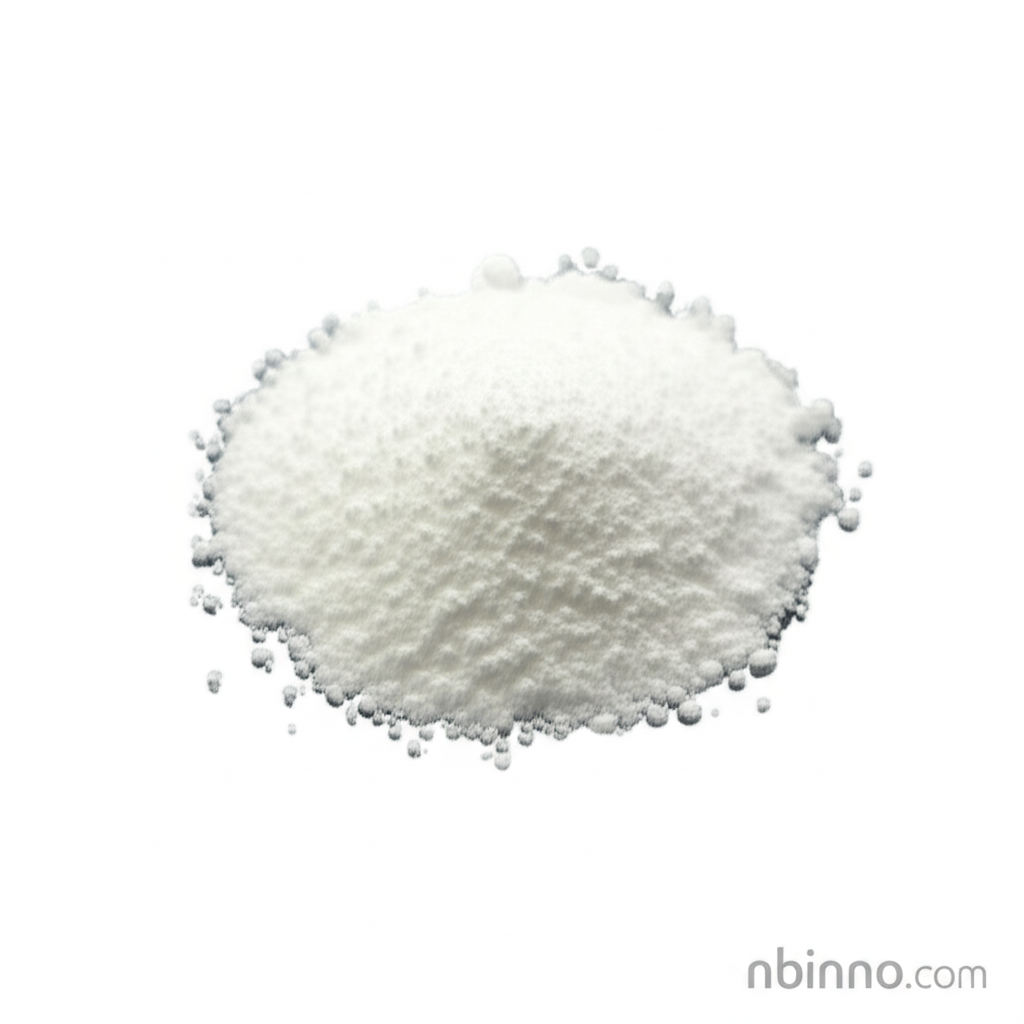Tris(pentafluorophenyl)borane: A Powerful Lewis Acid for Catalysis and Chemical Synthesis
Discover the exceptional Lewis acidity and diverse catalytic applications of Tris(pentafluorophenyl)borane, a key compound for advanced chemical synthesis and polymerization processes.
Get a Quote & SampleProduct Core Value

Tris(pentafluorophenyl)borane
As a leading supplier in China, we provide Tris(pentafluorophenyl)borane, a highly effective Lewis acid crucial for various chemical reactions. Its remarkable Lewis acidity and thermal stability make it an indispensable component in advanced catalytic systems, including Ziegler-Natta catalysis for olefin polymerization. We are committed to delivering high-quality organoboron compounds to support your research and industrial needs.
- Explore the diverse Lewis acid catalyst applications of Tris(pentafluorophenyl)borane in organic synthesis.
- Learn how Tris(pentafluorophenyl)borane serves as a critical activator in Ziegler-Natta catalyst activator systems for enhanced polymerization.
- Understand the role of this compound in olefin polymerization catalyst development and performance improvement.
- Delve into the intricacies of organoboron chemistry and the unique properties that make Tris(pentafluorophenyl)borane valuable.
Advantages Offered
Exceptional Lewis Acidity
Tris(pentafluorophenyl)borane exhibits exceptionally strong Lewis acidity, enabling it to activate substrates and catalyze reactions that are inaccessible with weaker Lewis acids, making it ideal for demanding chemical synthesis.
Catalytic Efficiency
Its effectiveness as a catalyst significantly improves reaction rates and yields in processes like olefin polymerization, contributing to the efficiency of advanced polymerization technologies.
Thermal Stability and Water Tolerance
The compound's inherent thermal stability and tolerance to moisture, a rare trait for Lewis acids, allow for broader application conditions and simplified handling, supporting its use in various high-performance chemical catalysts.
Key Applications
Catalysis
As a potent Lewis acid, it is instrumental in a wide array of catalytic processes, including but not limited to polymerization and various organic transformations, showcasing its versatility in fine chemical intermediates for research.
Olefin Polymerization
It serves as a critical activator in Ziegler-Natta catalysts, enhancing the efficiency and control of olefin polymerization, a cornerstone of catalysis in olefin polymerization.
Organoboron Chemistry
Its unique structure and properties make it a key reagent for exploring and advancing organoboron chemistry, leading to new material and chemical discoveries.
Frustrated Lewis Pairs
Tris(pentafluorophenyl)borane is a foundational component in the study and application of frustrated Lewis pairs, enabling novel small molecule activation and catalysis.
